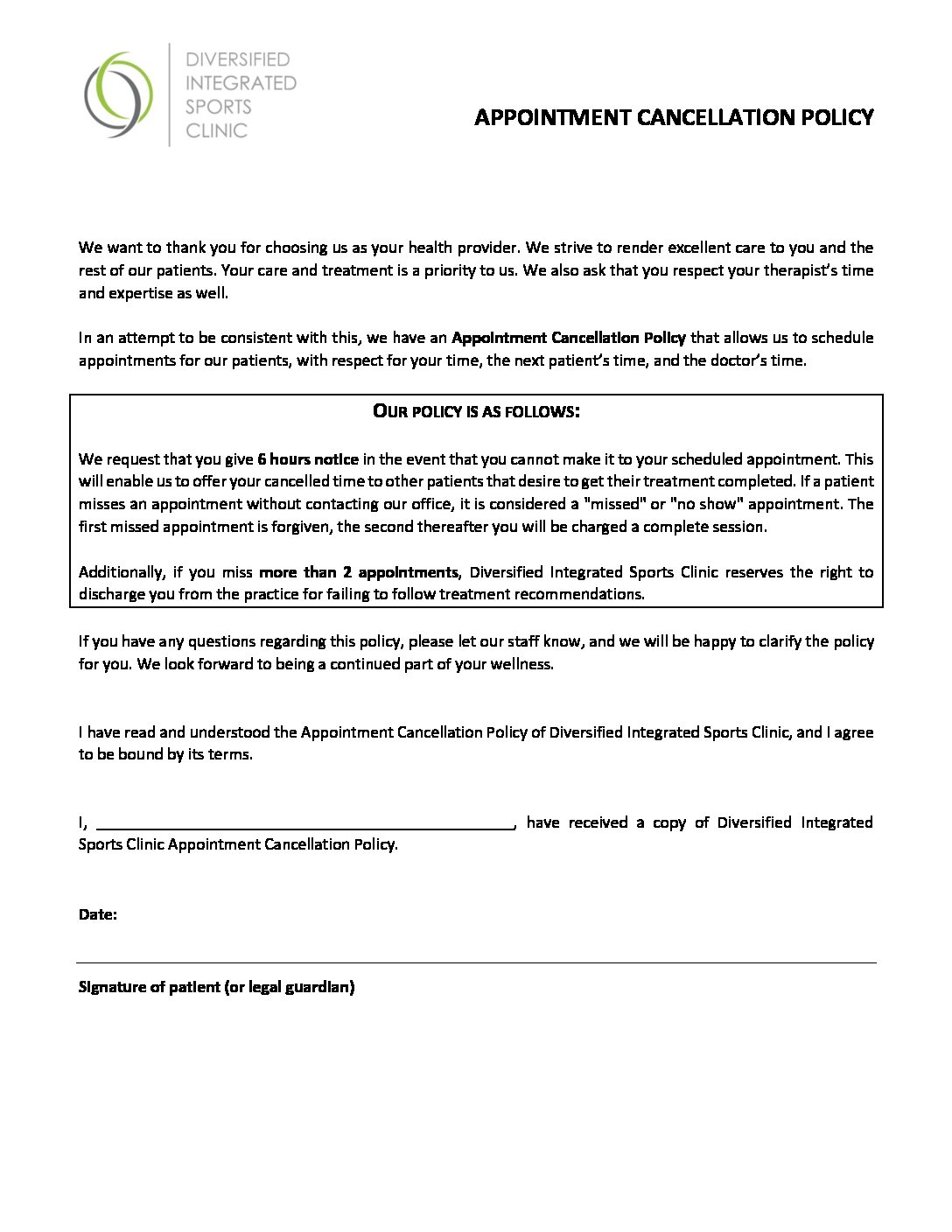
The Importance of Thoracic Spine Mobility
May 17, 2018Sleep
June 14, 2018Have you checked your Vitamin D?
Do you avoid being in the sun? Are you following a strict vegan diet or have allergies/intolerance to dairy products? Then you might be at risk for Vitamin D deficiency.
Vitamin D is produced by the body in response to sunlight exposure and is also found naturally in food such as fatty fish (salmon, sardines, mackerel), milk and other dairy products fortified with vitamin D. So inadequate exposure to sun or inadequate nutritional intake of vitamin D can lead to vitamin D deficiency. The truth is though, most of us don’t get enough vitamin D simply because we don’t get enough exposure to sunlight due to the extremely hot weather conditions, especially in the UAE, and especially for those consistently wearing sunscreen or fully covered in the traditional local clothes. Also because very few foods naturally contain vitamin D and some individuals might even have metabolic disorders such as celiac disease or inflammatory bowel syndrome limiting their vitamin D absorption.
Why is Vitamin D so important?
We already know that we need vitamin D to build strong healthy bones but when you are low on the D, not only the bone mineralization becomes impaired causing the bones to become soft, but also your muscles become weak, which can increase your risk for bone fractures. So loading up on this sunshine vitamin will help protect you against disorders and diseases such as osteoporosis (fragile weak bones), muscle weakness, skeletal deformities (rickets), inflammatory diseases as well as play a role in preventing and treating diabetes, glucose intolerances and Multiple Sclerosis (MS).
What is considered low vitamin D levels?
Normal vitamin D levels should fall within the range 30-100 ng/mL. Vitamin D levels <30 ng/mL is considered insufficient and <20 ng/mL is considered deficient.
How do you know if you have vitamin D deficiency?
Vitamin D deficiency may not cause any symptoms in some people, but if you experience any of the following symptoms, then you might be dipping low in vitamin D:
- Muscle weakness (athletes who are low on vitamin D have trouble lifting as much, run as fast or jump as high because of not enough powerful muscle contractions)
- Muscle twitching
- Fatigue or feeling exhausted despite getting enough sleep
- Light-headedness
- Random aches or pains in joints and muscles
- Chronic low back pain (low vitamin D is a risk factor for low back pain)
- Tooth loss (Periodontitis: local inflammatory bone loss)
- Increased risk of fracture
- Osteoporosis (increased fragility of bones)
- Osteomalacia (bone-thinning with proximal muscle weakness)
- Depression (low vitamin D is a risk factor)
Am I at risk for vitamin D deficiency?
Those at risk for being deficient on the D include:
- Elderly people
- Malnutrition: you’re not taking enough vitamin D-containing food
- Obesity
- Limited sun exposure: being housebound, consistently covering skin or soaking in sunscreen
- Darker skin: too much melanin blocks the sun, limiting vitamin D production by the skin
- Malabsorption disorders such as celiac disease, IBS, pancreatic problems affecting vitamin D absorption from the food you eat
Lucky for all, there is a fix to your low levels of vitamin D regardless of why you’re short on it. Start by spending some time in the sun because this is when vitamin D is predominantly produced in your body. You don’t have to spend hours devotedly rolling under the sun; but an hour or so will do you some good. If you don’t spend enough time in the sun whether for cultural dress habits, seasonal weather or dominant winter-climate countries, then you can get more vitamin D through appropriate food options and supplementation. Since its not possible to satisfy your vitamin D needs through food alone, using vitamin supplements will help further in raising your vitamin D levels. The recommended amount of vitamin D is 400 International units for children (IU), 600 IU for adults and 800 IU for elderly over the age of 70. If you do actually have vitamin D deficiency, your doctor may give you a higher dose of 4,000 IU to correct it.
Most people are unaware of vitamin D deficiency simple because the symptoms can be very subtle and non-specific. So if you think your low on vitamin D or experience any of the mentioned symptoms, don’t hesitate to check your levels; especially for those above the age of 30 since you stop building bone mass around that age and lacking vitamin D will speed up your risk for bone problems.
Nermine F.



